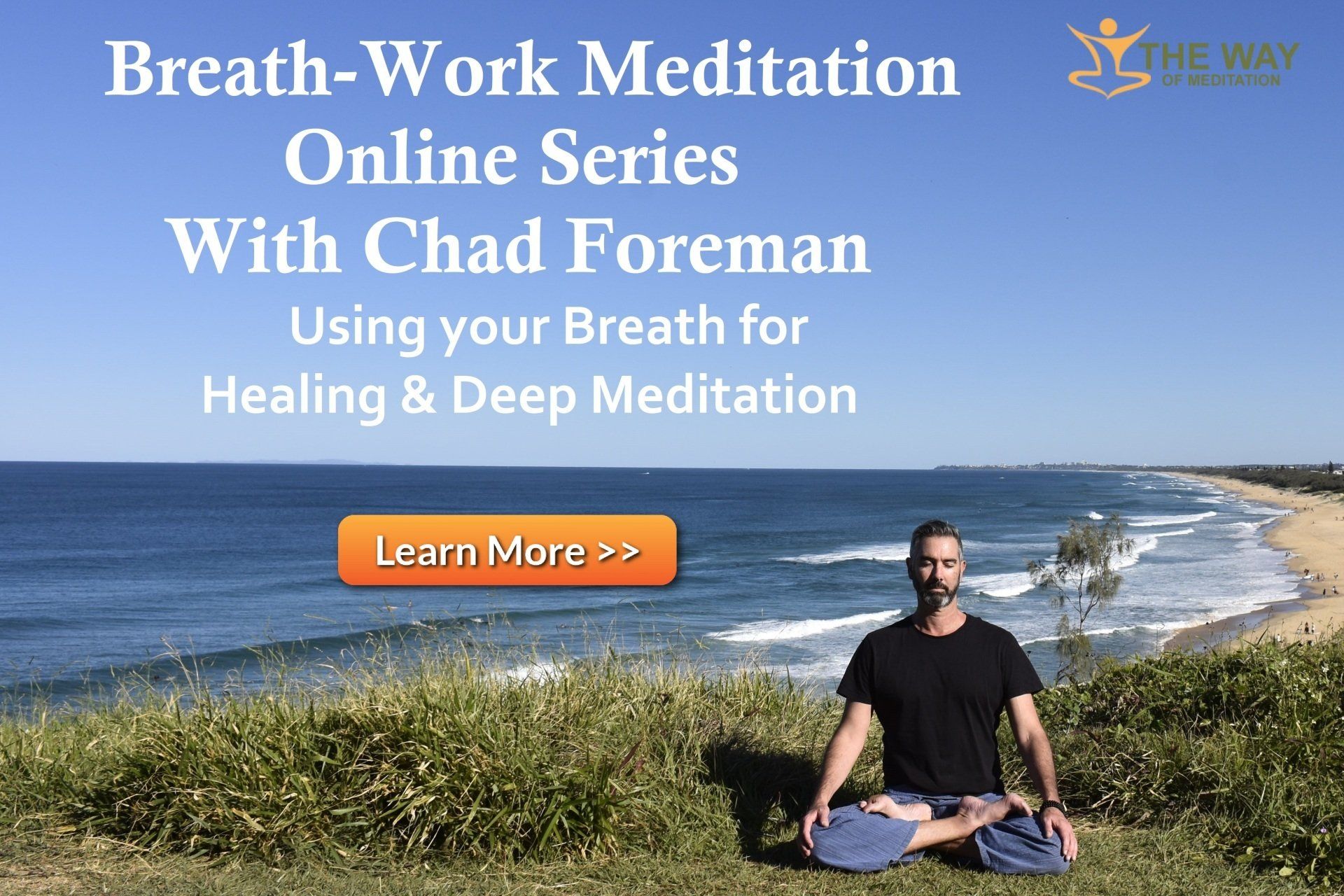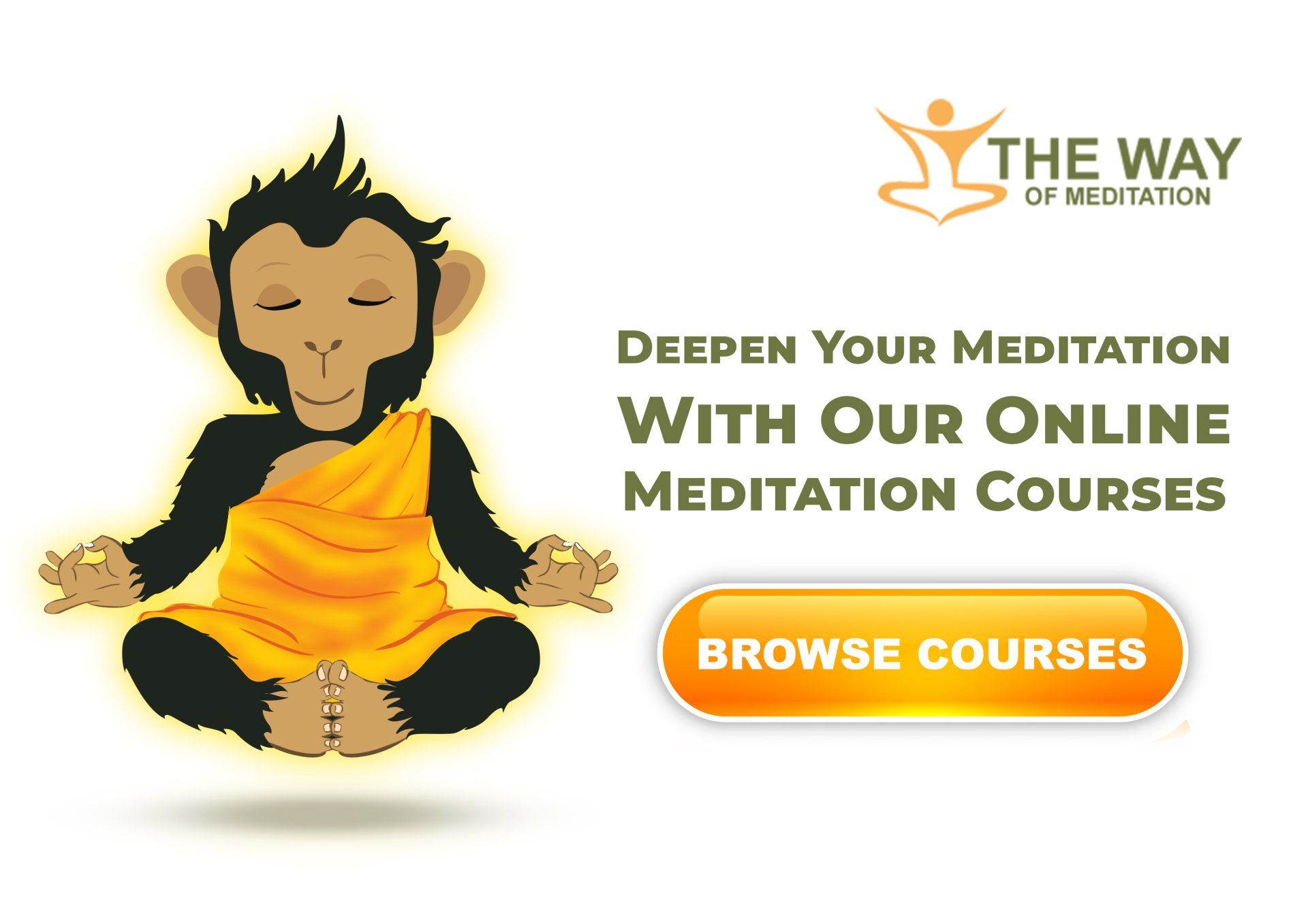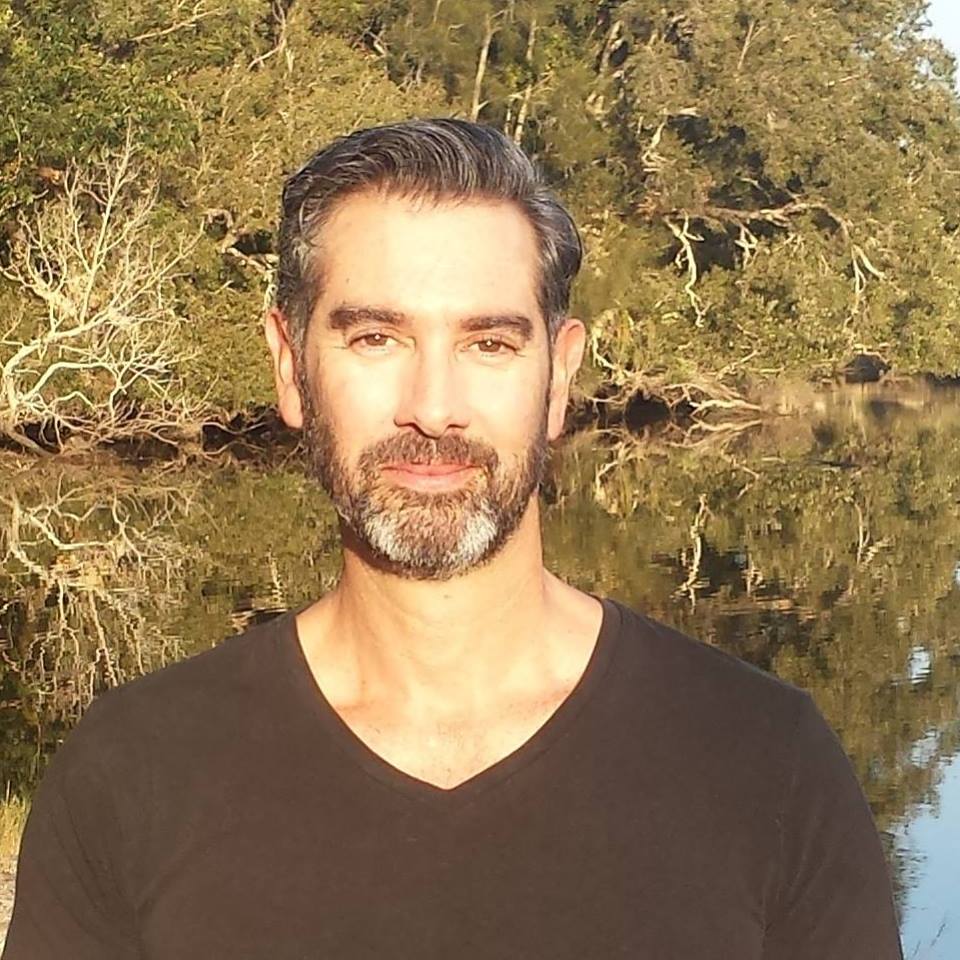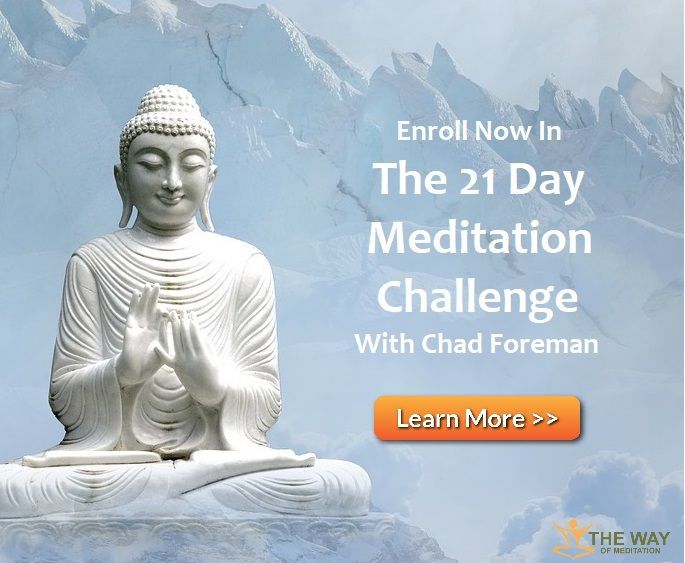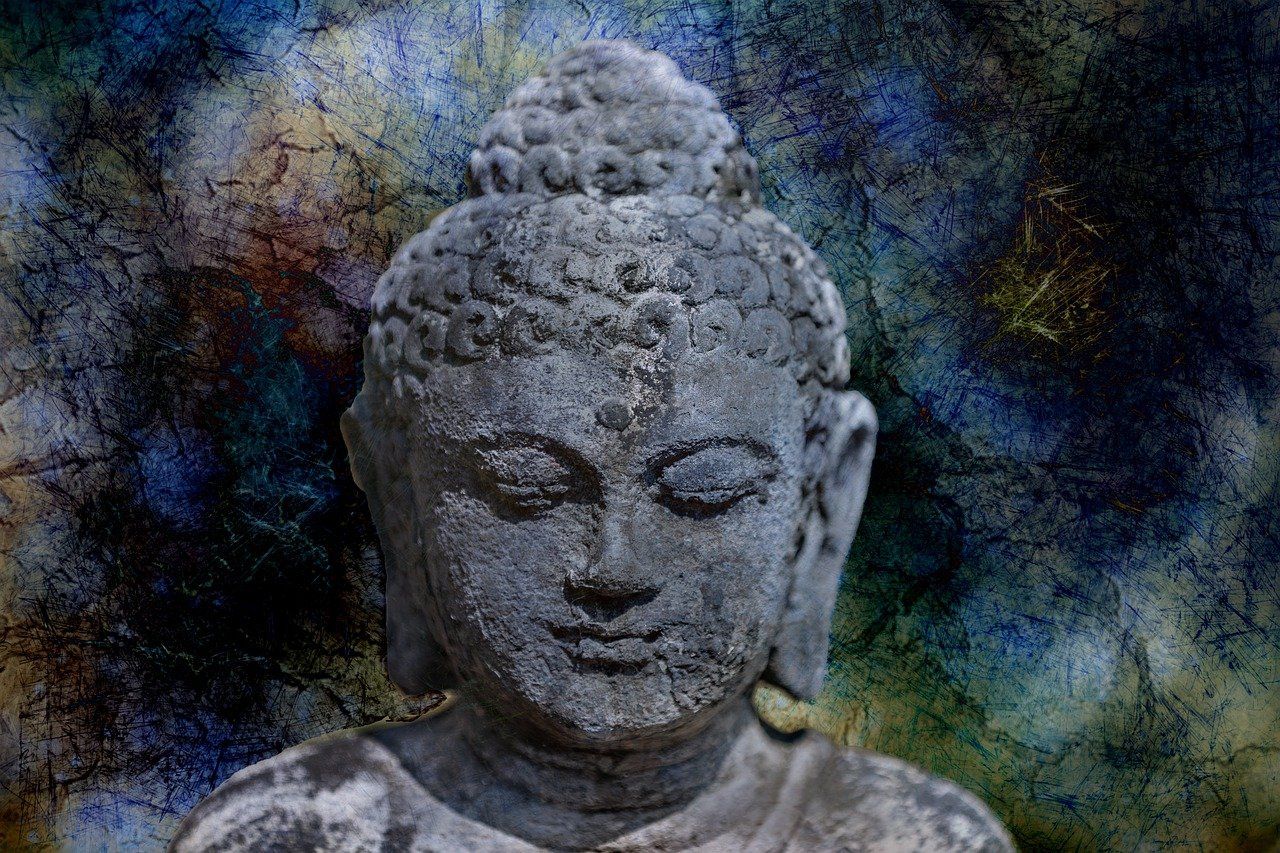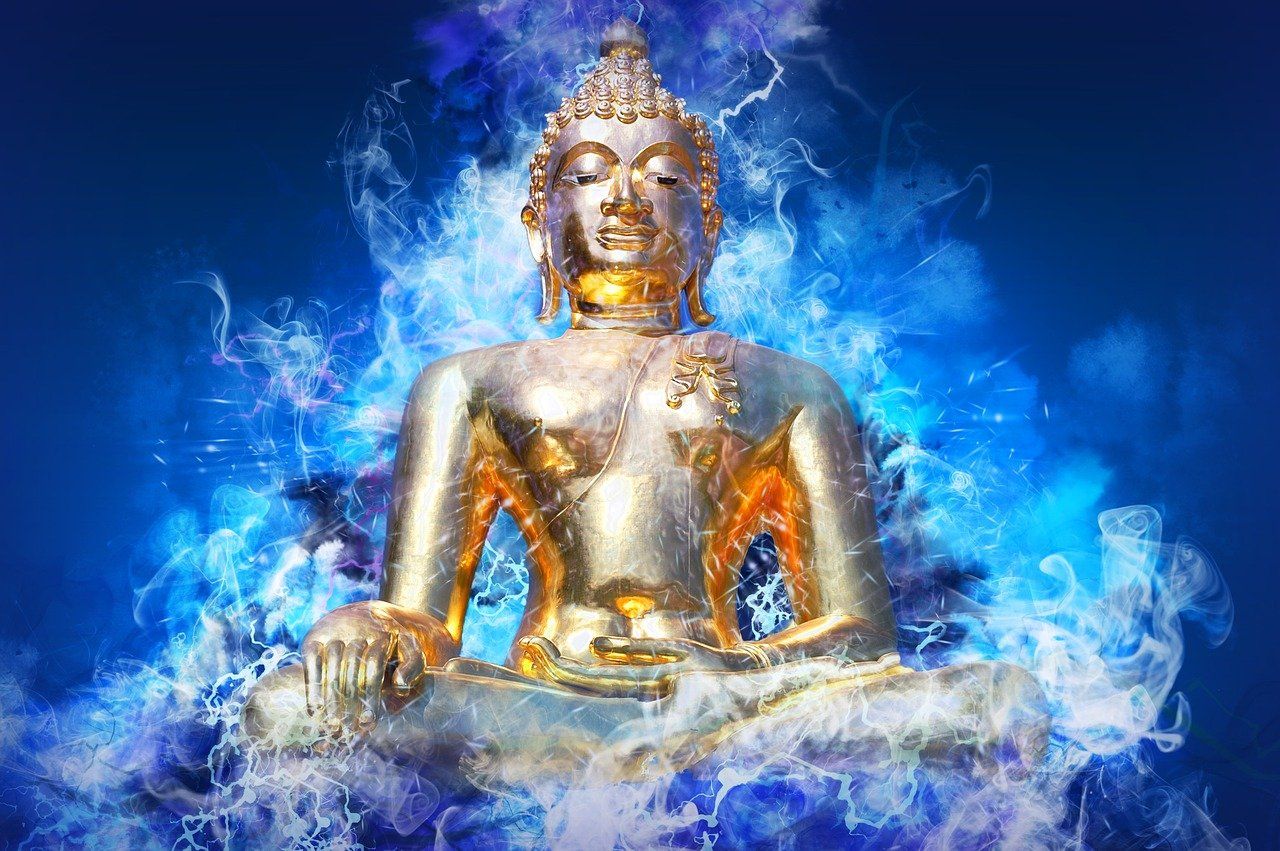The Positive Psychology Of Meditation Training
Positive Psychology
Basically it’s working on your strengths rather than trying to eliminate your weaknesses. Focusing on what you want rather than on what you don’t want. There is very good logic to this. Just because you eliminate your weaknesses does not mean you will be happy, but if you actively cultivate what researchers have found to make people happy you will find the happiness and well being you are looking for.
When I first came across positive psychology the similarities to the Buddhist path I’d been training in struck me. In fact Buddha summed up his teachings on how to live a good life and overcome suffering by saying:
“Cultivate virtue, eliminate negativity and purify the mind.”
Buddha defined virtue as actions motivated by positive states of mind that cause happiness for yourself and others. Non virtue is then actions motivated by negative states of mind that cause suffering to yourself and others. He also advised to know well what causes happiness and know well what causes suffering and choose the path that leads to happiness. Seems simple enough.
Of course it’s not that simple. Why? Because of our ingrained habits that do not lead to happiness that are entrenched in our behaviour. This stems from a fundamental assumption about where we believe happiness comes from. We are conditioned to believe happiness comes from external events and possessions but in reality happiness comes from positive or healthy states of mind and not from having or consuming things.
A new mindfulness based therapy called Acceptance and Commitment Therapy first works on accepting the present moment through mindfulness training, even accepting the inner ‘demons’ without trying to get rid of them and then putting your full attention on manifesting your values in the present moment.
Really you can meditate on anything even negative things. Worrying is meditating on what you don’t want and this can consume people’s lives and become debilitating. Meditation often shows very quickly what we do place our attention on. When you sit down to meditate you become very conscious of all the junk that goes through our minds that occupies our attention. Our attention plays big part in how we experience reality. What we choose to place our attention on is exactly what we experience in the present moment; most of the time this is an unconscious choice due to past associations.
Meditation is learning the skill of controlling our attention so we can place it on things that will reduce mental suffering and bring happiness to ourselves and to others.
Being able to wilfully control your attention can help us choose happiness over mental suffering. Even scientific researchers have found that happiness comes from how we perceive things rather than the actual things themselves. ( Ted Talk about where happiness comes from ) We tend to over estimate the happiness of possessions and material success and also over estimate the suffering from not having those things. Within the Buddhist tradition this over estimation of the happiness and suffering found in things is called attachment and aversion and Buddha said that these misconceptions are the main source of suffering in our lives.
You can literally transform suffering into happiness through training your mind to perceive things differently. When I fully learnt the truth of this I realised that nothing could really harm me not even negative karma because I could always see things differently and synthesis happiness and well being regardless of circumstances. This enables confidence in yourself and reduces fear and anxiety about events and circumstances.
Every time you refocus your attention consciously you are developing a stronger mind.
The highest type of meditation is actually not to place your mind on anything but let it be free, unimpeded and without reference points. Which is a type of refocusing from being caught up in thoughts to being free from their opinions. This Zen experience is very ordinary, just an ongoing transparent simplicity. It is sometimes called meditating on your true nature or in Zen terms gaining familiarity with ‘no mind’ or no self.
Gaining familiarity with your true nature is diving into a world of no words, it’s simply an authentic directness with the present moment. Even with this advanced type of meditation you are familiarising with the nature of clarity and presence which is beyond ordinary descriptions. It is actually a completely natural state where you don’t need to change anything or add anything to; it is simply this moment as it is.
Rather than this type of non verbal clarity being independent and isolated from your life it actually helps to see clearly and honestly what brings happiness to yourself and others and what holds you back. Clearly seeing reality and acting accordingly is the Way of Meditation.
Therefore, today we have the opportunity to merge the ancient inner technologies of meditation with the new sciences of happiness. We can learn exactly what mental states make us happy and what mental states make us suffer and by learning to stabilise our attention through meditation we can become happier and enable our lives to flourish.
Written By Chad Foreman
Chad Foreman is the founder of The Way of Meditation, has been teaching meditation since 2003, determined to bring authentic meditation practices into the lives of millions of people in the modern world. Chad is a former Buddhist monk who spent 6 years living in a retreat hut studying and practicing meditation full time and has now has over twenty years’ experience teaching meditation. Chad holds regular Meditation Retreats on the Sunshine Coast Australia, has Online Meditation Coaching, delivers three online programs - The 21 Day Meditation Challenge to help guide people gradually from the basics of mindfulness and relaxation to profound states of awareness. Breath-work to help manage stress and go deeper into meditation and The Bliss of Inner Fire which is a Buddhist tantric method for purifying energy blocks and contacting the clear light of bliss. You can also now get Chad's free e-book Insights Along the Way.
Get A FREE
Guided Meditation Series
with Chad Foreman





